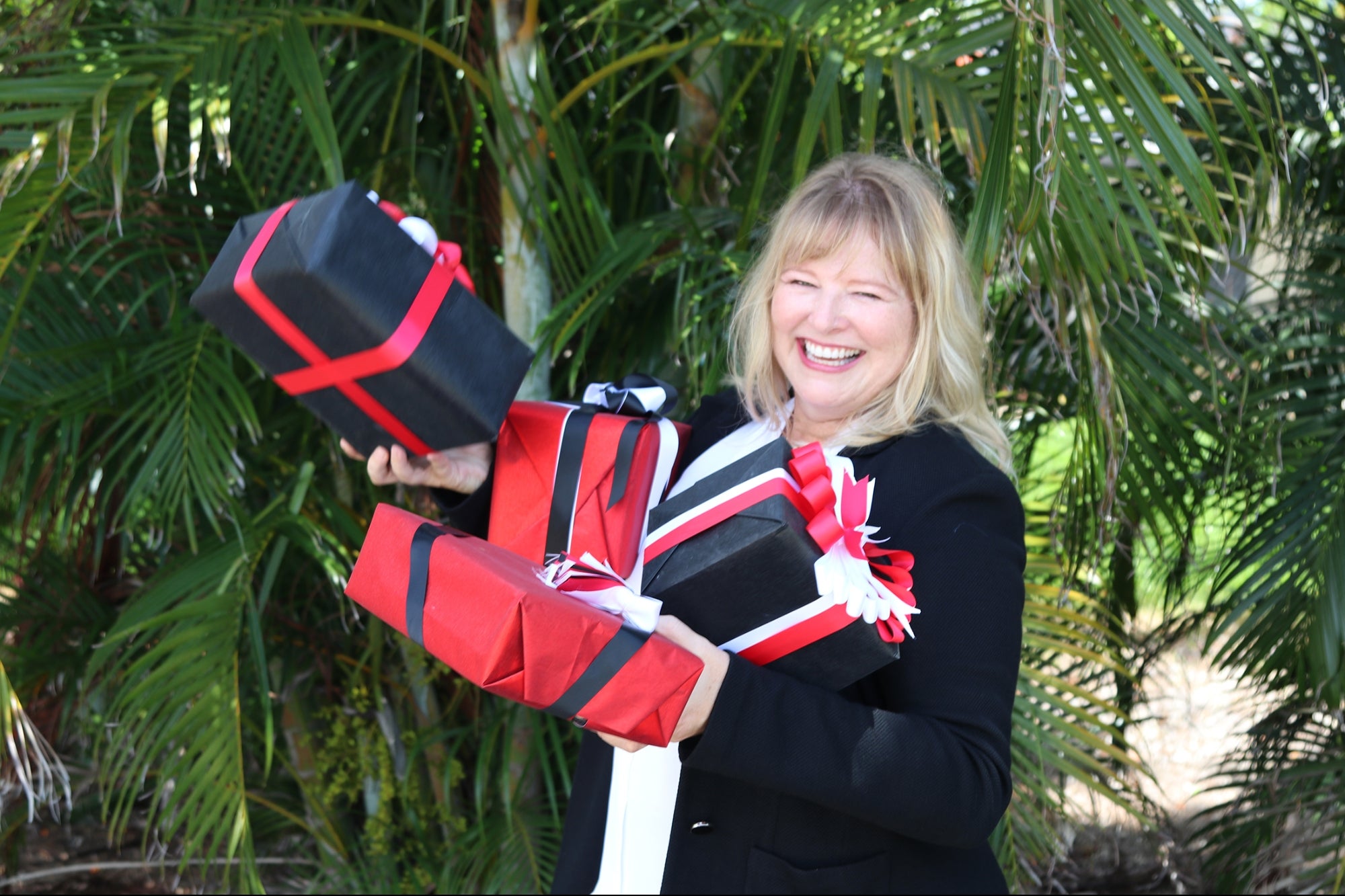How Lingo Is Disrupting Loyalty Rewards Using Blockchain Technology In the modern digital age, various sectors are being transformed by blockchain technology.
By Nishant Sinha •
Opinions expressed by Entrepreneur contributors are their own.
You're reading Entrepreneur Asia Pacific, an international franchise of Entrepreneur Media.

In the modern digital age, various sectors are being transformed by blockchain technology. Yet, its broader acceptance has been hindered by its complexity, perceived risks, and the dearth of practical applications. Lingo, a web3 startup, aims to overcome these challenges by leveraging blockchain technology to transform the loyalty industry.
Traditional rewards programs often require customers to spend large sums of money to accumulate points or miles. These rewards are often distant and require years of accumulation before they can be redeemed for a free vacation. Lingo aims to disrupt this model by its real estate yields into its token ecosystem, vacation rewards. These rewards Lingo holders, making it possible for users to plan for vacations more frequently.
This pioneering model has attracted notable figures such as Kingsley Coman, Romain Ntamack, Nigerian music superstars, P-Square along with 100+ celebrities. These celebrities, together with leading web3 personalities like Lady of Crypto, Travladd and hundreds of web3 key opinion leaders have become ambassadors for Lingo.
Hassam Moussa Rawat, CEO and co-founder of Lingo, sheds light on this novel approach: "If Lingo's unique model proves to be successful, it might disrupt the loyalty industry in 3 ways:" 1. More rewards (5-10x compared to traditional programs.) 2. More often (instead of one-off rewards). 3. Ability to resell your membership in a liquid market."
The boost the vacation rewards and also provides a cushion against the risk element often linked with web3 startups. This model creates a relatable use case for blockchain technology with a tangible benefit that appeals to many.
Lingo's team matches the ambition of its model. Co-founder David Amsellem previously founded John Paul, a world leader in premium loyalty acquired in 2016 for $150 million. Additionally, the team consists of former executives from Expedia, Consensys, and Booking.com, bringing a wealth of industry experience and knowledge.
Lingo's model of combining blockchain and a community-driven rewards system has led to a fresh perspective in the loyalty industry. Their innovative approach, coupled with a team of experienced executives and influential ambassadors, positions them well for future growth.
In conclusion, Lingo is leveraging blockchain technology to make vacations more accessible. Their unique model stands to promote blockchain adoption by offering a practical real world application. With Lingo, the future of loyalty rewards could be transformed.












